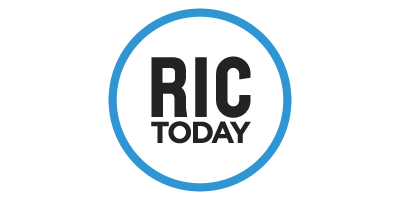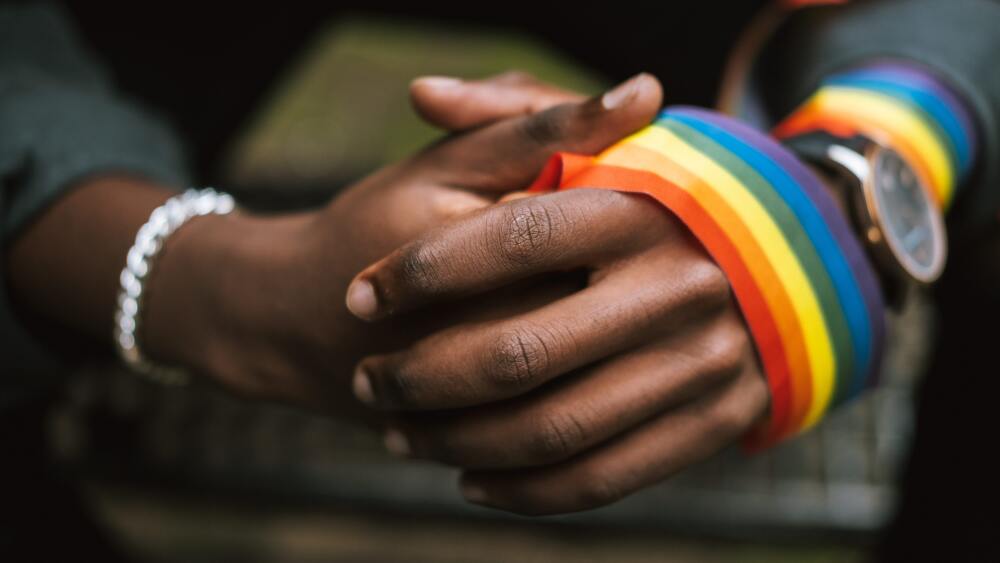Every year, the Human Rights Campaign releases a Municipal Equality Index which dives into municipal laws, policies, and services to score the city’s inclusivity of LGBTQ+ people. Here’s how we did over the last three years:
- In 2020, we scored 100 out of 100
- In 2021, we scored 100 out of 100
- In 2022, we scored 100 out of 100
Let’s break down how we got here… and how that score may change.
Non-discrimination laws
This category awards up to 30 points based on whether LGBTQ+ discrimination is prohibited by law in areas of employment, housing, and public accommodation. We’ve maintained a score of 30 out of 30 from 2020 to 2023.
Municipality as employer
Cities as employers can achieve up to 28 points by meeting certain guidelines for ensuring an inclusive workplace and benefits.
- 2020 score: 28
- 2021 score: 28
- 2022 score: 27
Services and programs
This section has 12 available points for the city’s efforts to include LGBTQ+ communities in services and programs. And we’ve scored 12 out of 12 the past three years.
Law enforcement
This section has 22 available points and looks at the relationship between law enforcement and the LGBTQ+ community. We’ve kept 22 out of 22 points from 2020 to 2023.
Leadership on LGBTQ+ equality
This section has eight available points and looks at city leadership’s commitment to advocacy and inclusion. We’ve kept all eight for the last three years.
Looking ahead
The past three years suggest that our city’s equality score is holding steady, due in part to flex points. Our city lost points in 2022 in the “Inclusive Workplace” subcategory for our city as an employer. While we won’t know our 2023 score until December, now is a good time to reflect on current laws and policies that affect LGBTQ+ communities.
Here are some recommendations from the HRC for how we could increase our 2022 score: City-offered services to the transgender community and LGBTQ+ people experiencing homelessness.











